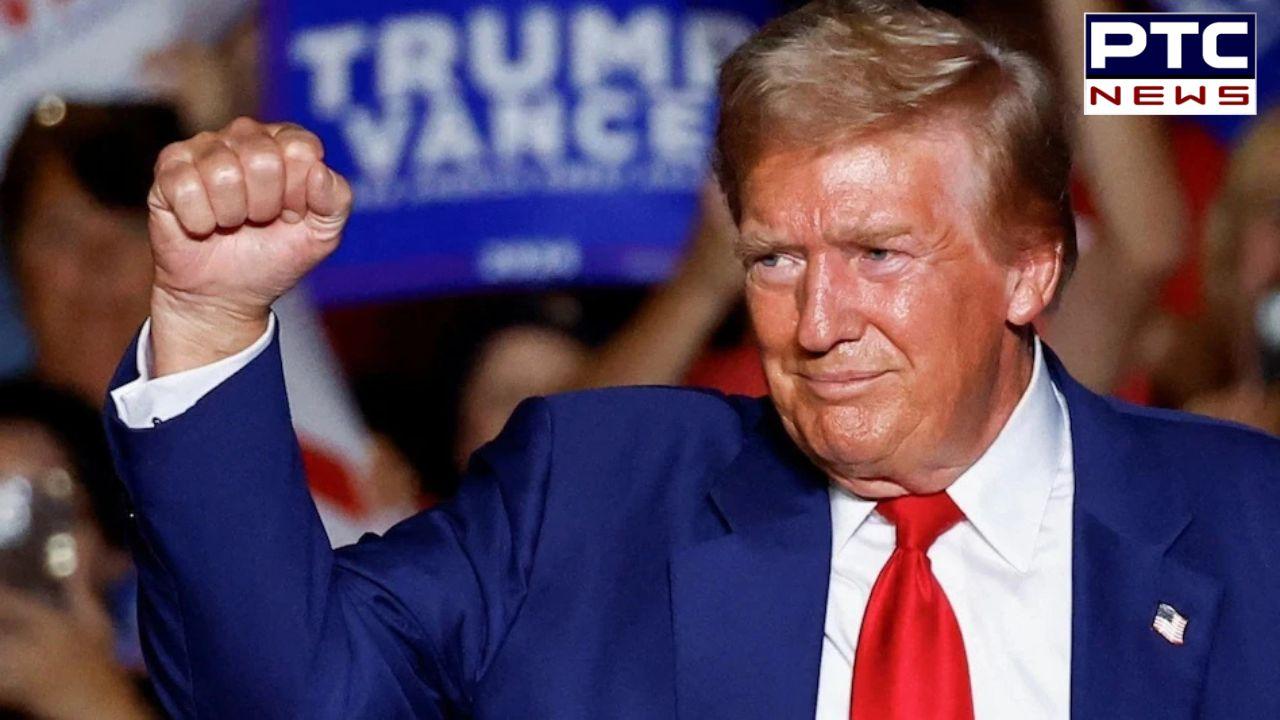

Donald Trump vows to end birthright citizenship after assuming office on Jan 20: How would it impact Indians
PTC Web Desk: President-elect Donald Trump has reignited the debate on birthright citizenship, calling the practice "ridiculous" and vowing to end it after assuming office on January 20. This constitutional guarantee, established over 150 years ago under the 14th Amendment, grants citizenship to people born on US soil, irrespective of their parents' citizenship. Trump’s remarks have sparked widespread controversy and legal debate.
What Is Birthright Citizenship?
The United States is among a few countries that recognise birthright citizenship, which automatically bestows citizenship to children born within its borders. Critics of the policy, including Donald Trump and his supporters, argue that the provision is misused, citing instances of "birth tourism"—a practice where foreign nationals travel to the US to give birth, ensuring their children receive US citizenship.
Eric Ruark, Director of Research at NumbersUSA, said, “Simply crossing the border and having a child should not entitle anyone to citizenship.” Trump echoed this sentiment, saying, "We’re going to have to get it changed. We may need to go back to the people, but this has to end."
The right to birthright citizenship is anchored in the 14th Amendment of the U.S. Constitution, which states: "All persons born or naturalised in the United States, and subject to the jurisdiction thereof, are citizens of the United States and of the State wherein they reside."
Legal experts argue that ending this provision would require a constitutional amendment, a challenging process involving congressional approval and state ratification. Alex Nowrasteh, Vice President at the Cato Institute, dismissed Trump’s proposal as improbable, stating, “He didn’t push this agenda during his first term, and it’s unlikely he’ll achieve it now.”
Impact on immigrant communities
If birthright citizenship were abolished, the repercussions would be significant, particularly for immigrant communities. A 2022 Pew Research analysis revealed that approximately 4.8 million Indian-Americans live in the US, with 1.6 million of them born in the country. These individuals would face uncertainty regarding their citizenship status under a revised system.
Additionally, an American Immigration Council report highlighted that removing birthright citizenship would complicate the process of proving citizenship for all Americans. Birth certificates, currently accepted as proof of citizenship, may no longer suffice, creating bureaucratic challenges for millions.
During his first term, Trump’s immigration policies, including travel bans and stricter border controls, faced both praise and criticism. His recent comments indicate a continuation of this hardline stance, with suggestions that families of undocumented immigrants could be deported together to avoid separation.
- With inputs from agencies
